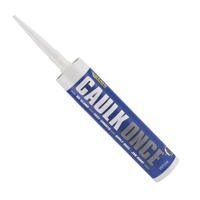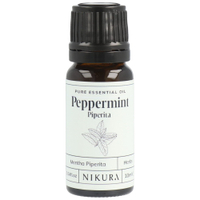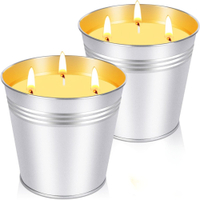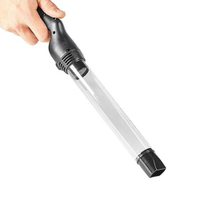How to get rid of spiders: 7 expert-approved methods to stop them coming into your home
Pest control experts reveal how to get rid of spiders in the house to deter them once and for all, using only natural methods
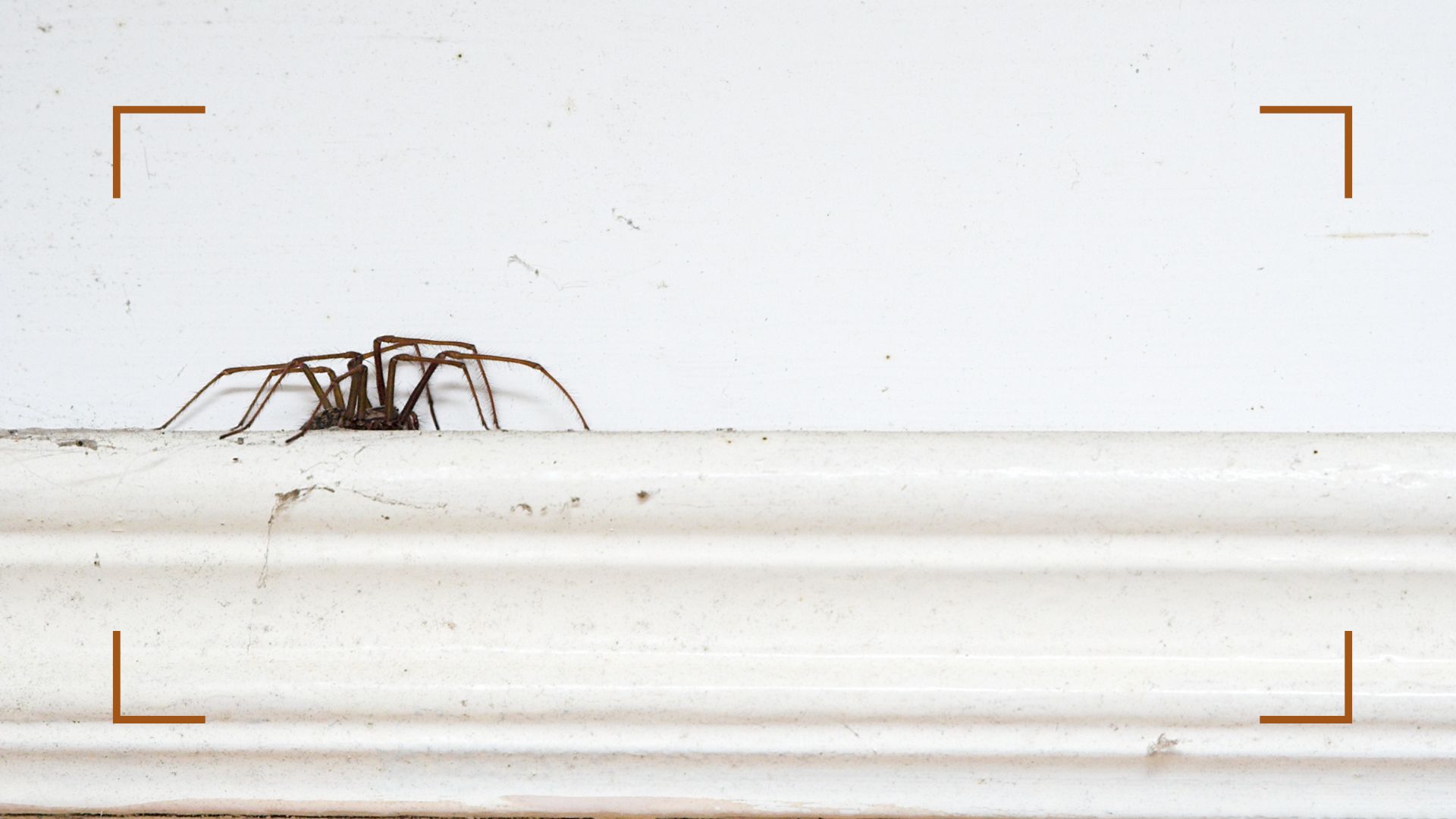

Emily Smith
Most spiders are completely harmless, however, it's common for people to want to know how to get rid of spiders, because the fear most feel upon finding one scurrying around the house is palpable.
As the temperatures begin to drop it’s more than likely that spider sightings around the home will increase as the uninvited guests seek shelter from the cooler climes.
Thankfully, there are numerous ways to deter spiders from entering your house, from decluttering your home to making natural repelling remedies.
We called upon pest control and cleaning experts to share their useful tips and their most effective methods to get rid of spiders in the house without causing these harmless insects harm.
How to get rid of spiders: 7 ways to keep them out of your home
“Spiders are most commonly found in the home when the external temperatures drop and there is a lack of insects for them to feed on," explains John Stewart, an expert from the technical team at Pest-Stop. "In households, they can mostly be observed walking across our floors, in the corners of rooms, and scuttling around baths."
"The best way to get rid of spiders in the house is to prevent them from even entering, and for that, there are a number of harmless deterrents you can employ in your home," John explains.
1. Seal any potential entry gaps
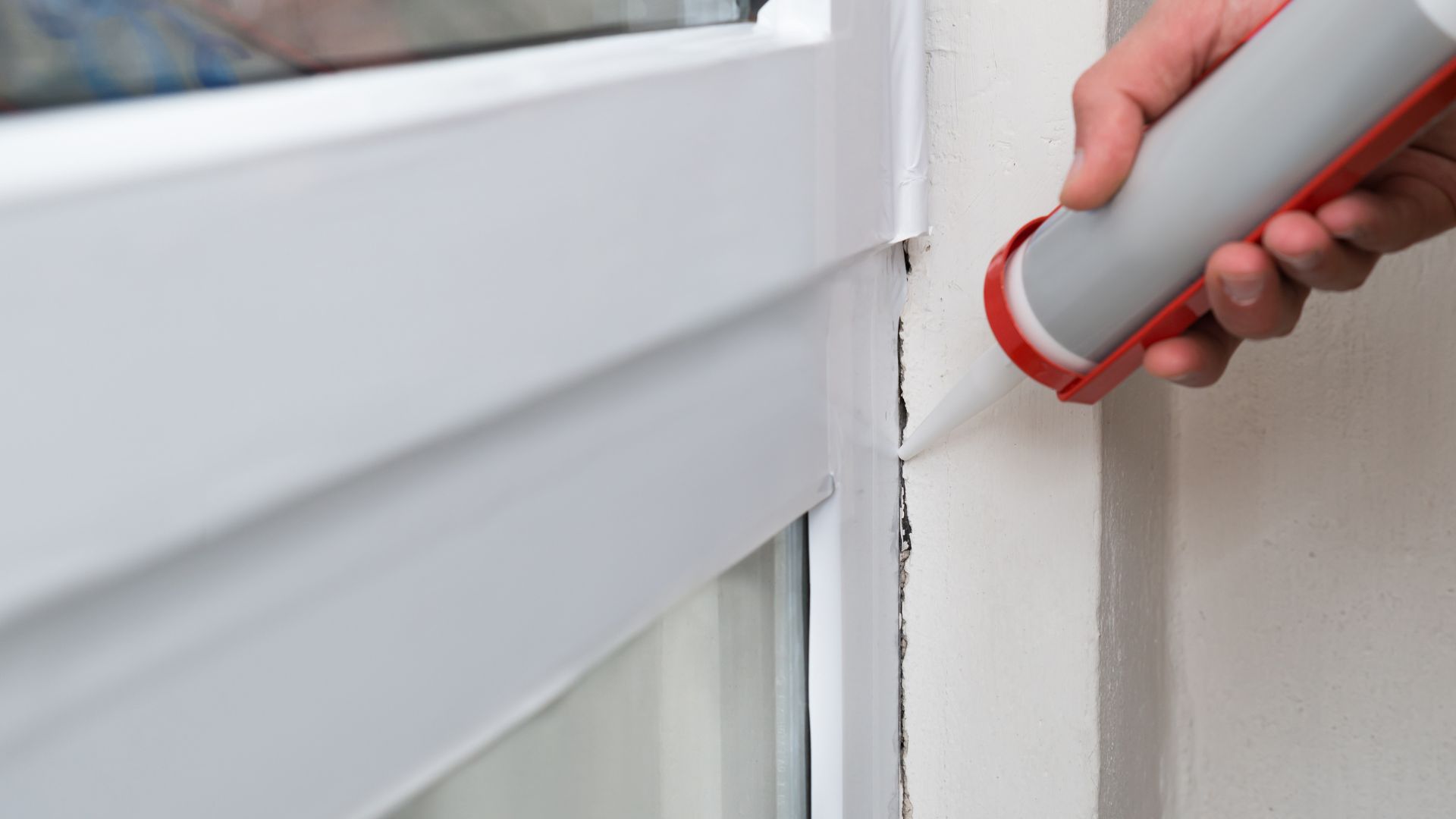
Simple caulking is enough to seal gaps around doors and windows
Spiders can make it through any tiny nooks and crannies that you might have in your home, so if you are really determined to keep them out, it's worth looking around your house to take the opportunity to seal any slight gaps you might have that a spider could see as an open invitation into your home.
Sign up to our free daily email for the latest royal and entertainment news, interesting opinion, expert advice on styling and beauty trends, and no-nonsense guides to the health and wellness questions you want answered.
"Avoid letting those pesky crawlers take up residence in your home by sealing all spider entry points in your home," suggests Jordan Foster, Pest Control Expert at Fantastic Services.
"Your walls, doors, and windows must be patched up and sealed. Put mesh over the vents and cover the fireplace when it is not in use. Pay special attention to the kitchen, attic, and bathrooms, as the high moisture levels make them popular hiding places."
"Make sure the window frames are properly sealed," advises End of Tenancy's Ivan Ivanov. "To keep them out, you could also try installing excluder strips at the bottoms of doors. Although these tasks require some DIY, they are very simple tasks that can be a more permanent solution than some of the other methods because it stops spiders at the source."
Everbuild Caulk Once Premium Quality Acrylic Caulk: was £5.99 now £2.75 at Amazon
For sealing gaps around your home there really isn't anything better for the job than caulk. It's super quick and easy to use, plus this one is on sale with over 50% off.
2. Make an essential oil spray
For a powerful home remedy to get rid of spiders, all you need is the best essential oil for the job. "Peppermint oil is the best option to repel spiders," Ivan recommends. "This is because spiders smell through their legs, so as soon as they are hit with that overpowering scent of peppermint, they will flee because the smell is too strong for them."
"We would recommend mixing peppermint oil with water in a spray bottle and then spraying the areas of your home that you have noticed to be susceptible to spiders. However, because peppermint oil is toxic to pets, we recommend avoiding this method if you have any furry friends."
To make the perfect potion, if it's safe for your household, Jordan suggests "mixing 20 drops of peppermint essential oil into a spray bottle filled with water. Use the mixture to get rid of spiders without killing them by spraying them into cracks and corners of your house. Alternatively, you can spray it on your duvet to deter them from getting into the bed."
You can also try this natural method to get rid of flies if you have them buzzing around your house.
Nikura Peppermint Essential Oil, 10ml: was £5.49 now £4.99 at Amazon
Peppermint oil is a great cost effective way of deterring spiders from your personal space. You can spray it practically anywhere without it negatively effecting you or your furnishings.
3. Light citronella scented candles
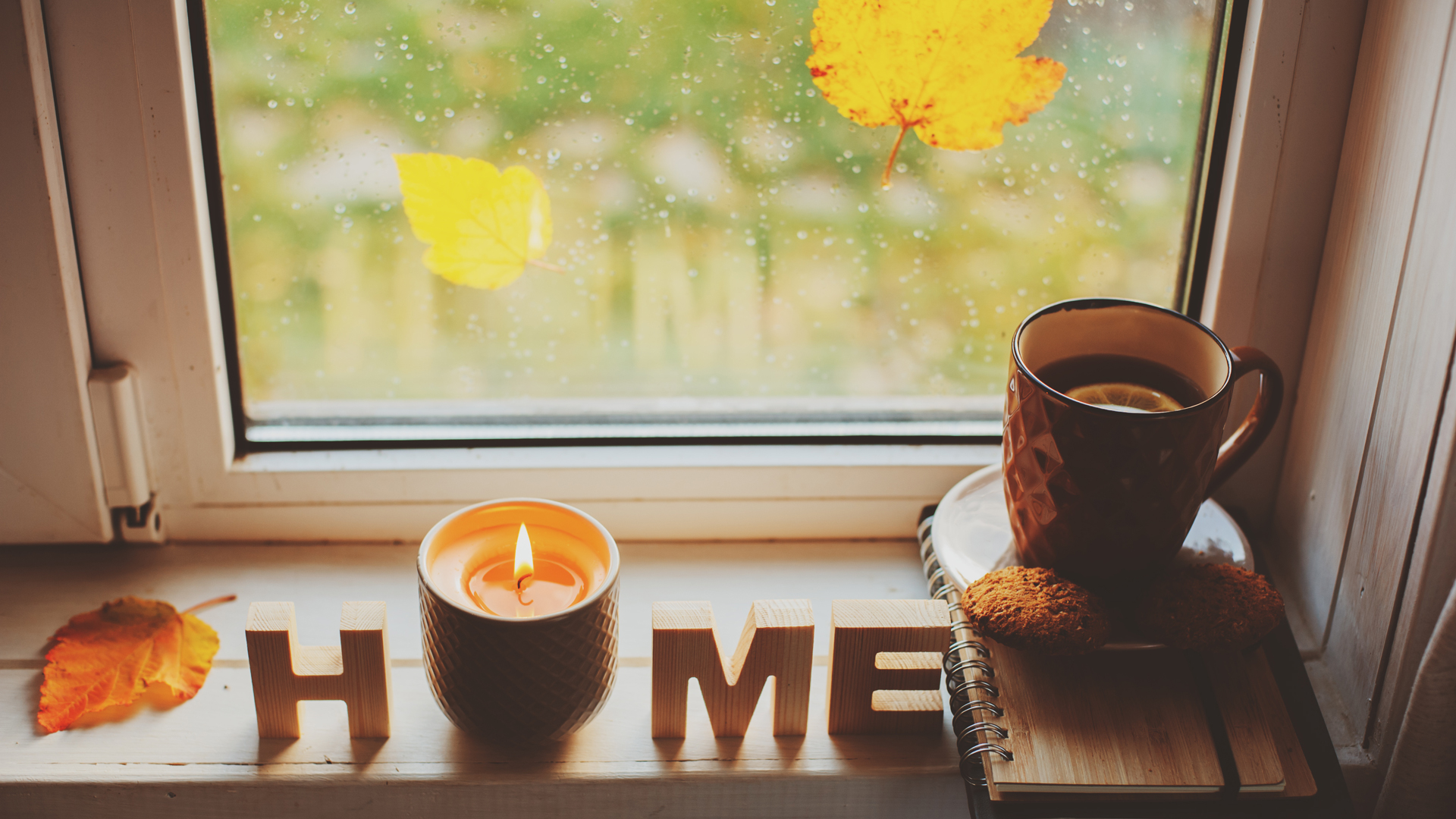
Citronella is commonly used over the summer months to keep wasps away, but come the autumn these popular scented candles can help ward off spiders too.
"Lighting candles can also keep spiders away from your home. This is mainly due to the spiders not liking a lot of different smells such as lemon, cinnamon, and citronella,' explains Ivan.
"They also dislike the smell of smoke, so blowing these candles out will also help keep them away." Based on this theory, you could even try one of the best autumn candles to make your house smell good for the season.
"Putting candles on windowsills is probably the best option for placement as windows are a hotspot for spiders entering."
For safety, you should always keep candles out of reach of children and never leave candles burning unattended.
Large outdoor citronella candles: £11.99 at Amazon
Keeping a few citronella candles near windows will act as a useful deterrent for any eight-legged visitors. Just make sure you don't leave them burning when you're not around.
4. Clean the windows
Cleaning windows is not merely a job to improve visibility outside, it can also help to aid with preventing spiders from seeking refuge in and around the house.
“Spiders will often lay their eggs in a sack, held in position with sticky silk around windows and doors. Removing these with a hard bristle brush will help to keep their numbers in check around the home," John explains.
5. Spritz surfaces with vinegar
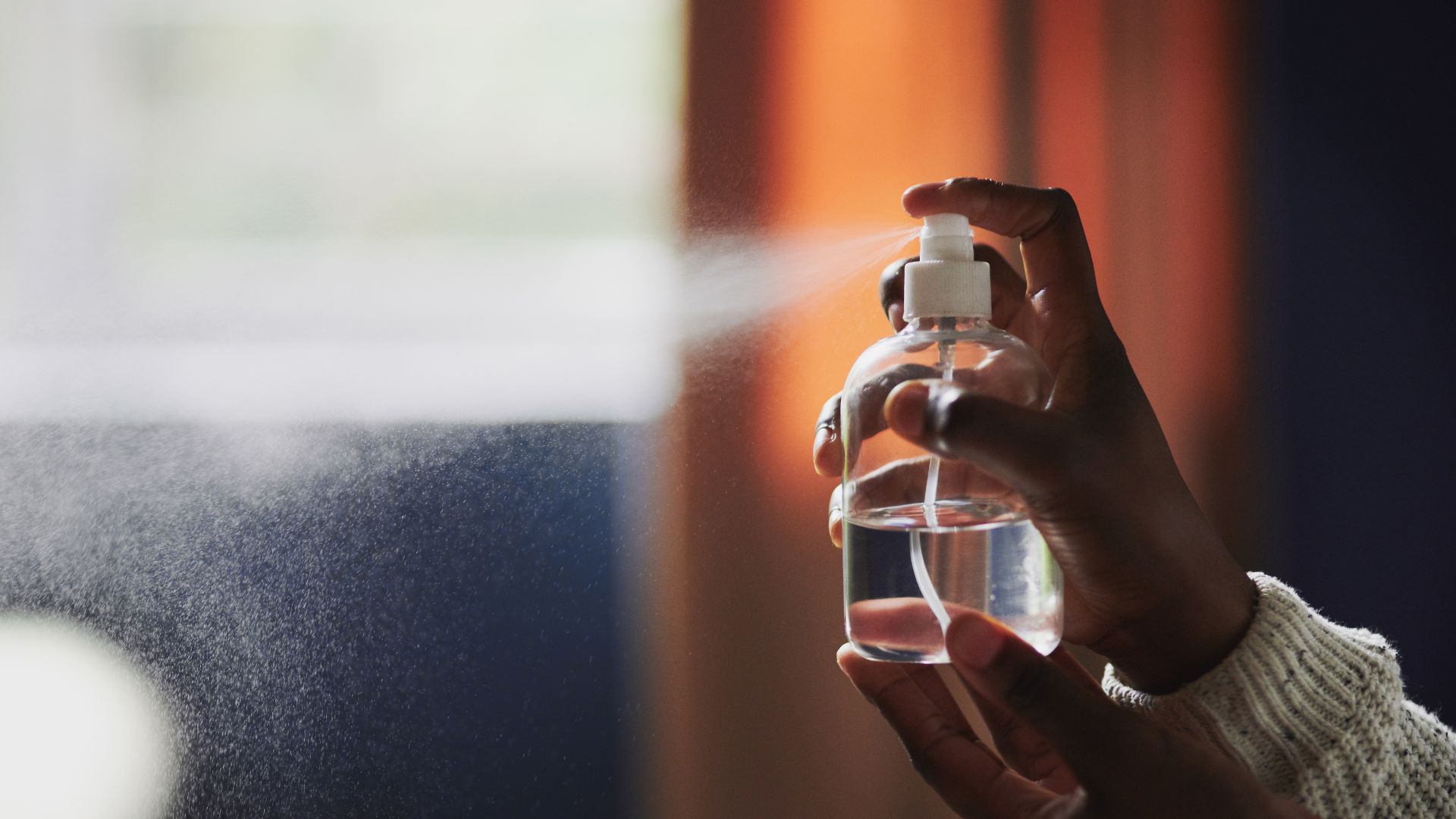
"White vinegar is another excellent natural spider repellent because it contains acetic acid, to which spiders are extremely sensitive," says Ivan. "It’s also something which most people already have in the cupboard at home, isn’t toxic to pets and doesn’t have any harmful effects."
"We recommend spraying half water, half vinegar over windows, your kitchen, and other entrances where bugs and spiders could be sneaking in." Many households will already have this store cupboard essential to hand because cleaning with vinegar is the wonder solution for all manner of tasks, from cleaning bathrooms to cleaning walls.
6. Tend to household chores regularly
Look at upping how often you clean your house to deter unwanted pests. "Another thing you can do to keep spiders at bay is keep your house clean and tidy. Cobwebs will appear if your house is left unkempt and leaving items such as food out on the counter will attract flies and other bugs into your home, attracting hungry spiders," explains Ivan.
"They are also drawn to dark, cluttered environments, so make sure to dust regularly and remove any piles of boxes or other household items."
How often should you vacuum might be worth considering if you're intent on keeping spiders at bay. "Vacuum regularly to keep your home clean," advises Jordan. "The lack of hiding places will make spiders less likely to invade your home."
"Take extra care to clean all corners, lights, window sills, and ceilings. Keep kitchen surfaces clean after every use since the tiny bits of food attract other pests and can provide food for spiders."
7. Make an orange peel powder to sprinkle
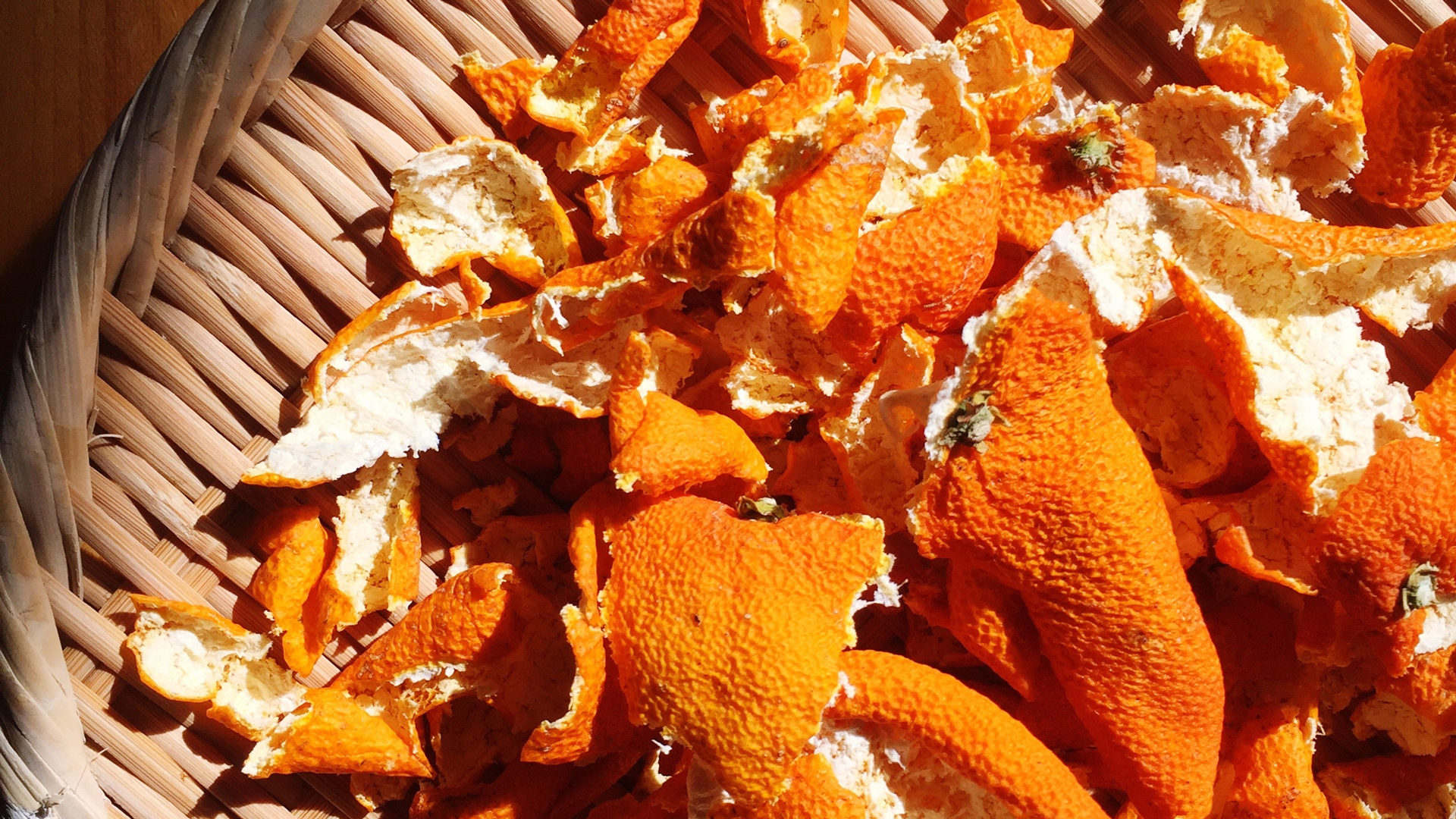
“If you're looking for a natural solution to deter our eight-legged friends and one that won't ruin or require a deep clean of hardwood floors, it's time to start saving your orange peels,” says flooring expert Michael Barnes, at Flooring Supplies.
"The sun-dried peels from citrus fruits are the perfect natural, pet, child, and floor-safe repellent. Use a good food processor to grind dried peels into a fine powder and sprinkle it in the corner of any room with a wooden floor. Spiders are said to dislike the scent of citrus and this natural solution helps keep them at bay."
This hack works in the same way as using orange peels in your garden does, many pests will stay well clear of citrus smells.
FAQ
How do you remove spiders inside the house?
We would always advocate that the best way to remove spiders from the house is to take a humane approach, there's no need to kill them. “The safest and best way to deal with spiders in the house is to simply pick them up and transfer them gently outside where they can be of benefit," says John.
The most common practice is to place a glass over the top to trap the spider then simply slide a piece of card or something similar to provide a sturdy enough base to enable a hand to be slid underneath to turn the glass over and contain the spider inside. The spider can then be safely transferred to the outside.
As someone who does NOT like spiders, I can attest that this is the best way to handle one in your home...you may need to pause after you've trapped it under the glass, purely to shake off the ick.
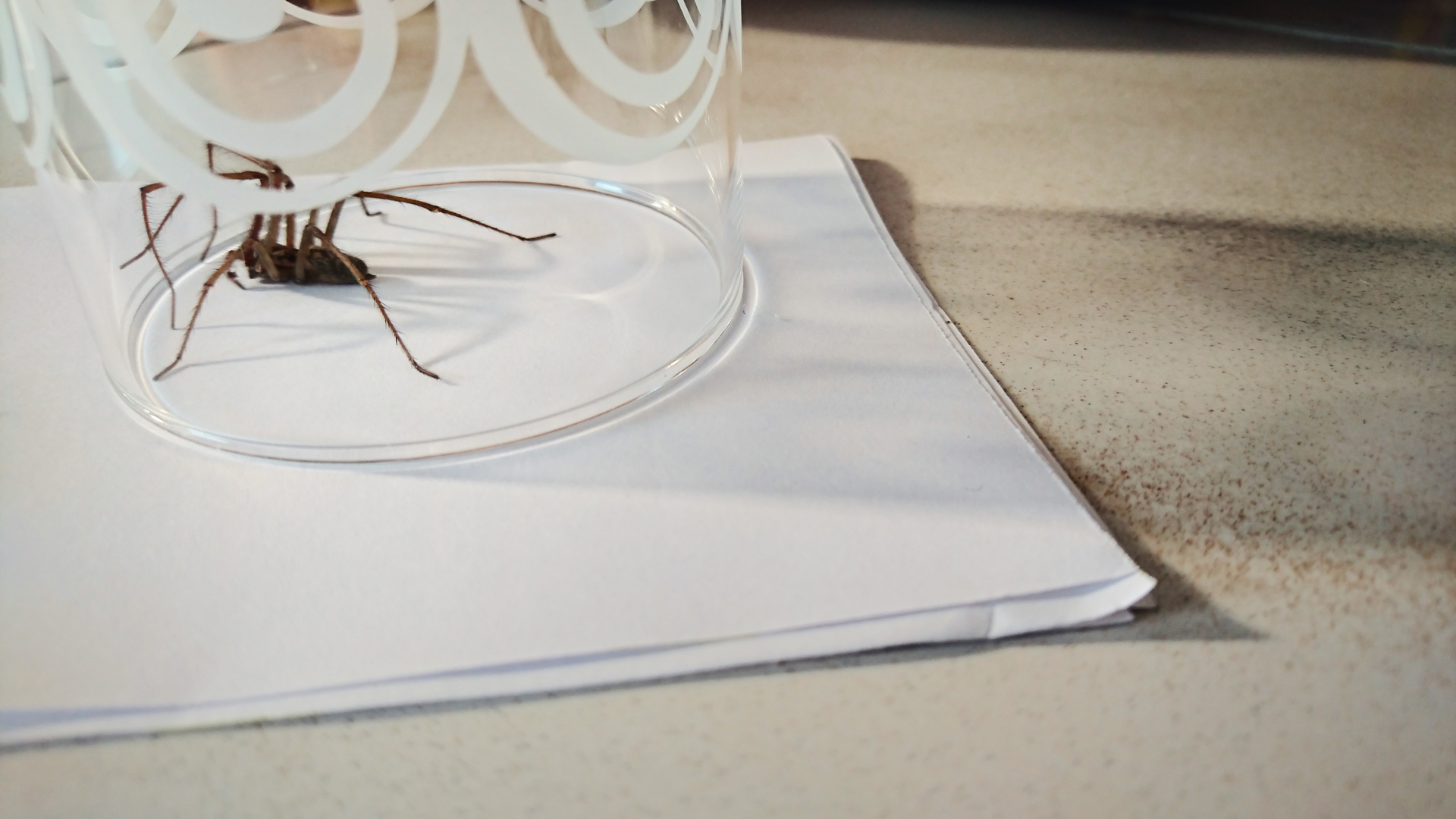
“That might seem like a terrifying option for some and in those cases, handheld devices like the Pest-Stop spider and insect vacuum offer a quick, safe, and scare-free answer to banishing these eight-legged intruders and other insects from the home."
Pest-Stop LED Spider and Insect Vacuum: £12.99 at Lakeland
If you want to keep on top of the problem when you see it then investing in a catcher or vacuum is a great way of doing that. This one keeps the pest at arm's length and has an LED light so you can see the spider even at night.
What are the most common types of spiders found in the home?
Most spiders we find in our homes can be identified as one of the below, according to Hudson Lambert, a pest control expert from NOPE!...
- Cellar Spiders: One of the most common UK spiders is the Cellar Spider, also known as Daddy Long Legs, which are harmless, although they can reach up to 7-8mm in length – so can cause a fright.
- Giant House Spiders: One of the largest spiders people might find in their home, the Giant House Spider, has long thick legs and a much thicker body than a Cellar Spider. This spider is commonly found in fireplaces, in the bath or under sofas, and can reach up to 12 to 15 millimetres in length – running half a metre per second.
- Money Spiders: Often very small, the money spider is found indoors and outdoors and is usually found around house plants or potted plants. Money spiders don’t grow much bigger than 5mm.
Where are spiders most often found in the home?
"Most UK spider species are attracted to quiet areas with low light. They can be found anywhere with a plentiful supply of insects and are most commonly found in large numbers in basements, garages and attics."
Look for the signs of activity, to see if the spiders are making themselves at home. "Spiders often lay eggs on their webs, so lots of web activity is a sign that a big infestation could be happening in your home. However, not all types of spiders make webs. Some hide in gaps, cracks and crevices – so make sure to check damaged plaster, walls and skirting boards."
"Check running and standing water sources, quiet corners of the home, around ceilings and anywhere damp for signs of spider infestations."
Why are spiders so common in September?
We tend to see more spiders in our homes during the beginning of autumn, but why? "September is when the weather begins to cool and spider mating season begins," explains Hudson Lambert. "This sees spiders making their way indoors to mate. And you’ll usually be able to spot them first thing in the morning and late at night when they head inside away from the cold weather."
The story is a similar one of crane flies that leads us to ask how to get rid of daddy long legs more at this time of the year.
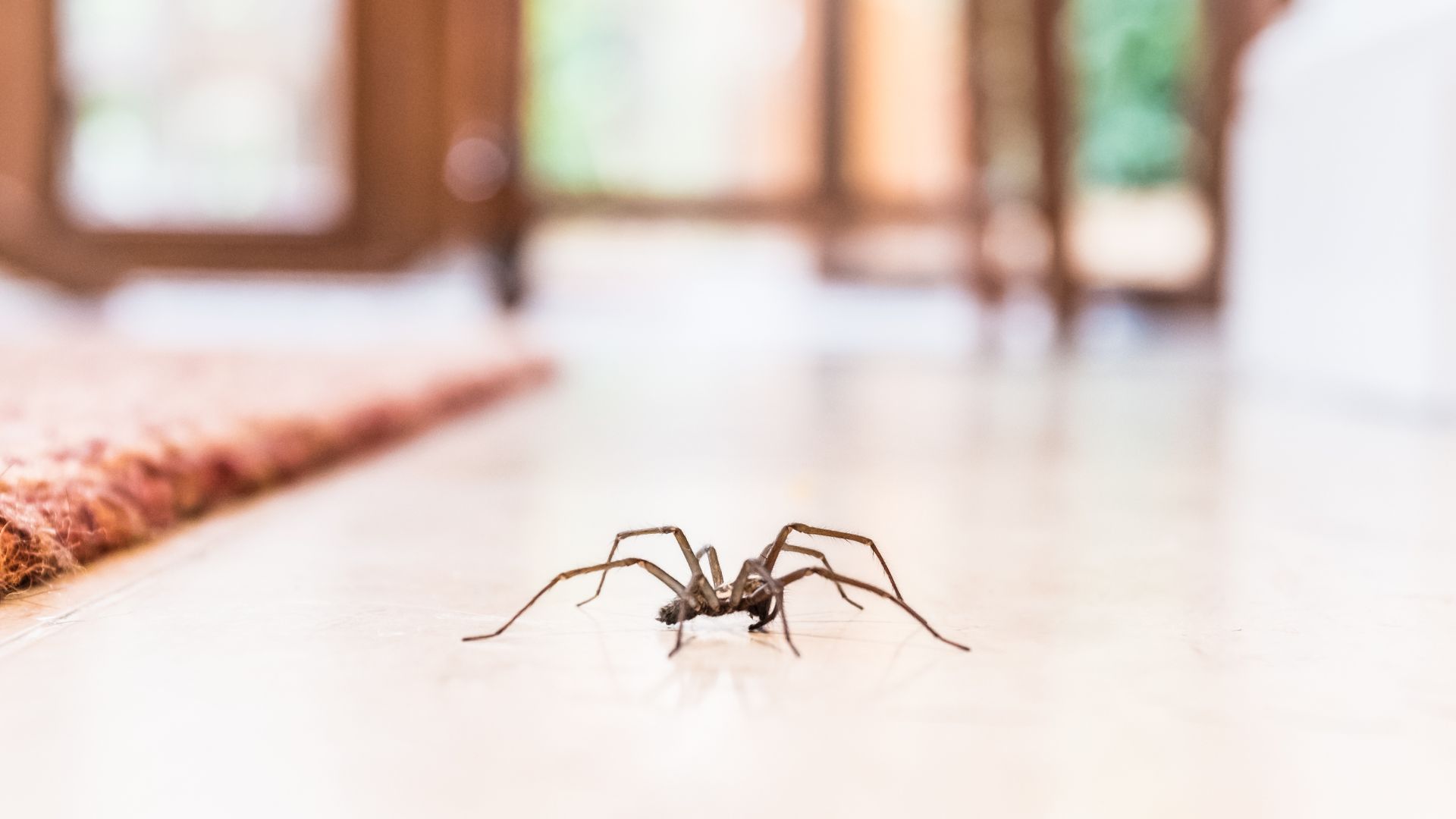
What do spiders hate?
Similar to how you'd get rid of rats in your garden, knowing what types of things the pests dislike is key to preventing them from entering your home. For spiders essential oils are one of these things.
Hudson says, "Natural oils like lavender oil, eucalyptus oil, peppermint oil and citronella oil can be used to repel spiders thanks to their strong scent."
Using these strong smells in the corners of your room and around window sills should stop the pests from even coming near the space never mind making a home for themselves there.
Using these expert-recommended tips will prove more useful than debating over whether Irish Spring Soap repels insects and covering your home in soap shavings. Instead, sticking to daily habits to keep your house clean and tidy whilst adopting some of these deterrents will keep any eight-legged friends away this winter.

Tamara is a highly experienced homes and interiors journalist with a career spanning over 22 years. Now the Lifestyle Editor of womanandhome.com, she previously spent 18 years working with the style teams at Country Homes & Interiors and Ideal Home. With these award-winning interior teams, she gained a wealth of knowledge and honed her skills and passion for styling and writing about every aspect of lifestyle and interiors.
A true homes and interiors expert, Tamara has been an ambassador for leading interior brands on multiple occasions, including appearing on Matalan’s The Show and presenting at top interior trend forecasting events such as the Autumn Fair and Spring Fair.
- Emily SmithDigital lifestyle writer
